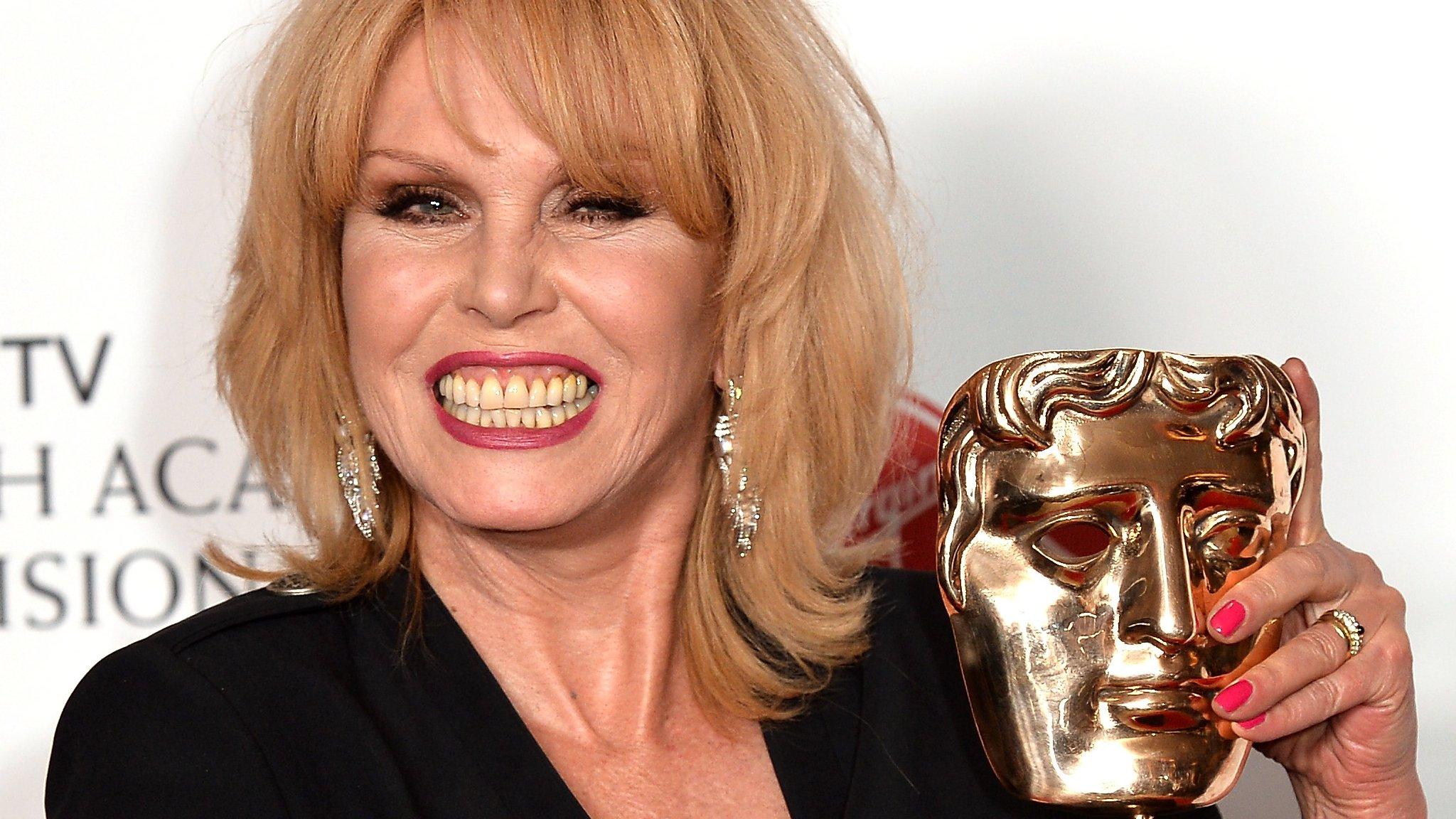Emma Watson welcomes entertainment industry plan to stop bullying and harassment
- Published
Emma Watson welcomes sex harassment rules
Emma Watson, external has welcomed new guidelines to help prevent sexual harassment and bullying in the entertainment industry.
The plan was put together by organisations like Bafta, external, the British Film Institute, external and Equity in light of the sexual harassment, external scandal.
In future, only projects that sign up to the guidelines will be given funding by the BFI.
Plans include appointing two people on every set to deal with issues and allegations, and a new support line.
They have been unveiled as the British film industry prepares for the Bafta awards this weekend. As well as film, the eight-point plan will apply to the television and games industries.
'I found it shocking'
Actor and advocate Watson said: "These principles are important because up until recently there were no guidelines, there was no protocol for someone that had been sexually harassed in the entertainment industry and I know this to be a fact because I've asked for principles, I've asked to see guidelines and no one could give them to me.
"No one could send me - 'okay, here's the protocol that we follow when someone's had this experience' - which I found shocking."

She is one of the actors and filmmakers - also including Doctor Who star Jodie Whittaker, Gemma Arterton, Gemma Chan, and James Bond producer Barbara Broccoli - to be consulted over the plans.
BFI chief executive Amanda Nevill told the BBC: "One of the most astonishing things about the introduction of these principles against harassment and bullying is the instantaneous and enthusiastic response across the whole of the industry.
"This has been the most fantastic example of the industry - both the people in front of and behind the camera, all the big organisations behind it - welcoming this as a way we can come together. We aspire to an industry which is absolutely free of this."
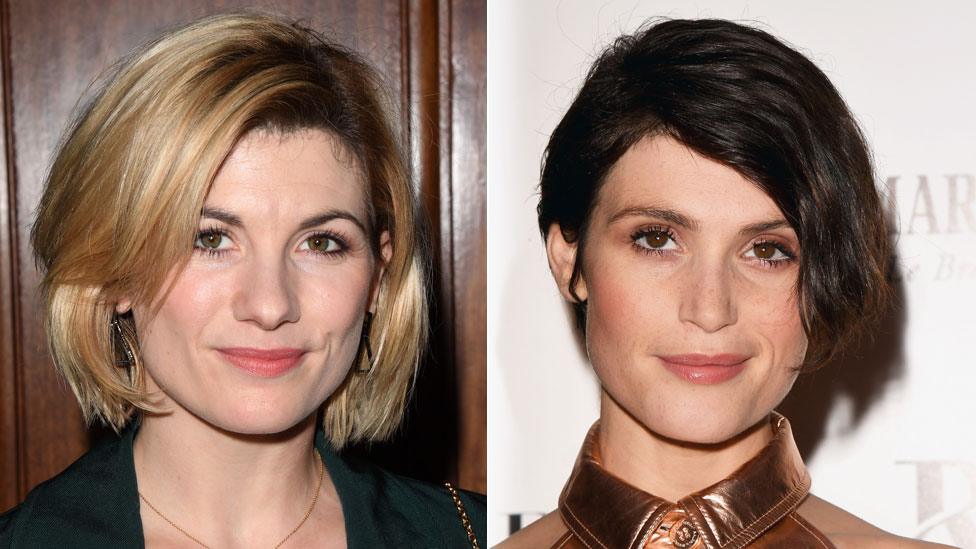
Jodie Whittaker and Gemma Arterton have supported the guidelines
Bafta chief executive Amanda Berry said: "These principles and guidance are the result of a monumental cross-industry effort in the face of some difficult truths. Bafta is committed to promoting excellence and creative collaboration in film, games and television, and we believe that everyone has the right to work in a safe professional environment.
"It is essential that there is a shared understanding of respectful, inclusive working practices that enable everyone to succeed."
The principles are going to be included as part of the BFI's diversity standards. This means that British filmmakers have to comply if they want to bid for funding or if they want to be eligible for the Bafta film awards, from next year.
They will include a zero tolerance approach to bullying and harassment and rigorous processes in place to report any wrongdoing.
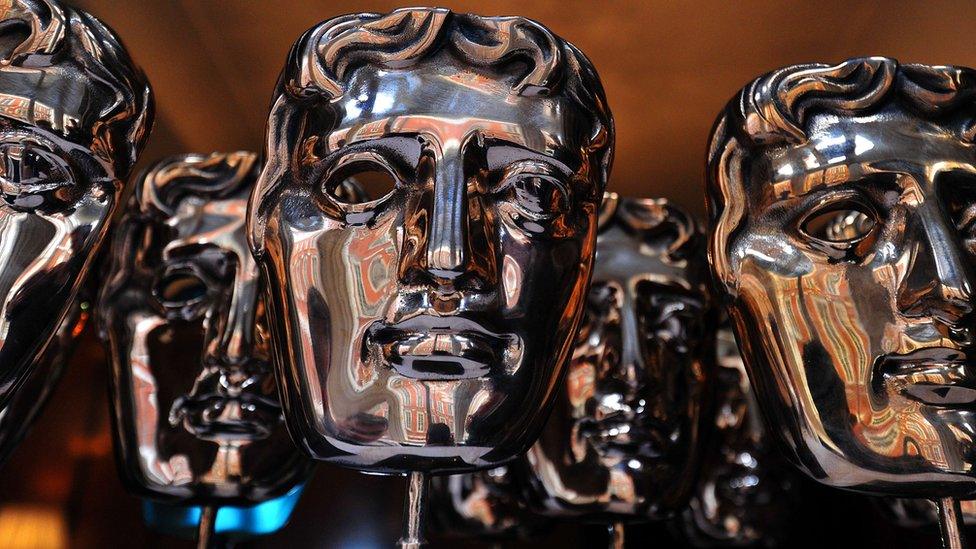
The Bafta film awards are taking place this weekend
It will be recommended that the two designated workers, one male and one female, will also help people off set.
They'll be trained to handle allegations and to make sure workers know their rights and how to get help. They'll also encourage witnesses to speak and set out how to report any alleged criminal activity.
And the free film, external and television, external support phone line, being developed by the Cinema and Television Benevolent Fund (CTBF), is launching in April.
'Damaging to industry'
CTBF chief executive Alex Pumfrey said: "Film and TV can be an amazing industry to work in.
"However, the horrifying revelations of harassment and abuse in our industry add to the under-reported incidence of stress, anxiety, health and mental health issues, and financial difficulty that can affect anyone."
She said those experiences could be "devastating" for individuals - "and damaging to our industry as a whole".
Margot James, minister for digital and the creative industries said: "Everyone has the right to feel safe at work and people can only thrive when they operate in a respectful and tolerant environment so that they can make the most of their creative talents. I welcome the BFI's anti-bullying and harassment guidance and the collective efforts of the wider sector which is an important first step to ensure change."
Others to have helped develop the guidelines include the union Bectu, the Producers Alliance for Cinema and Television (Pact), the Production Guild, Women in Film and TV, the UK Screen Alliance and UK Interactive Entertainment, which represents the games and interactive entertainment industry.

Follow us on Facebook, external, on Twitter @BBCNewsEnts, external, or on Instagram at bbcnewsents, external. If you have a story suggestion email entertainment.news@bbc.co.uk, external.
- Published31 January 2018
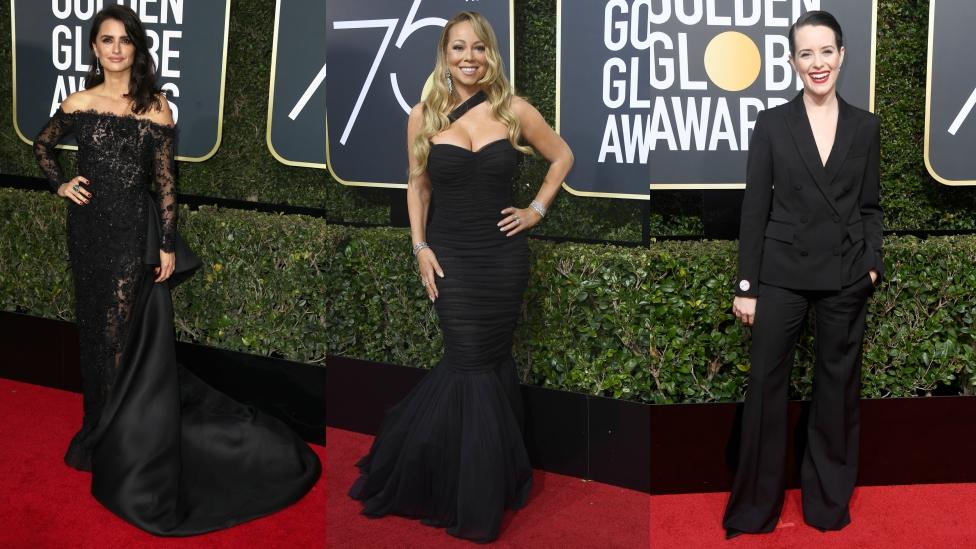
- Published25 January 2018

- Published9 January 2018
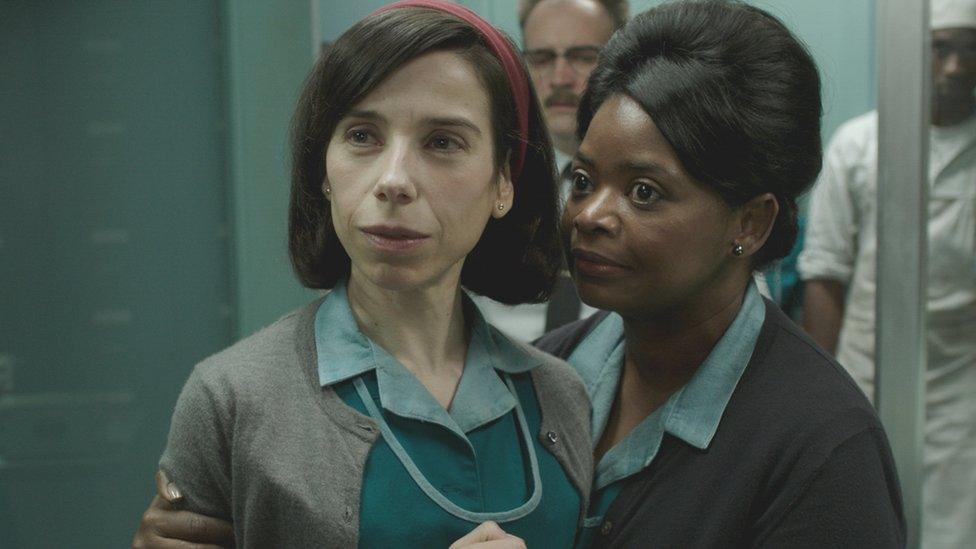
- Published9 January 2018
